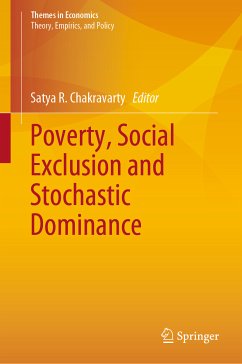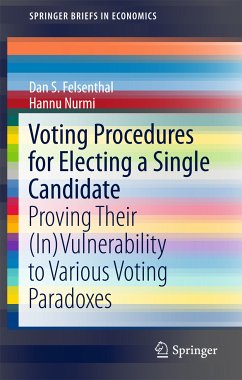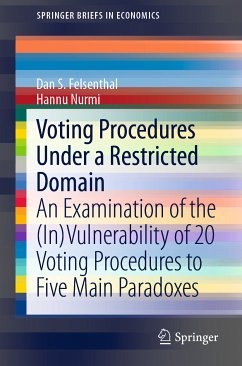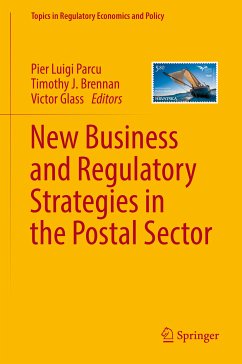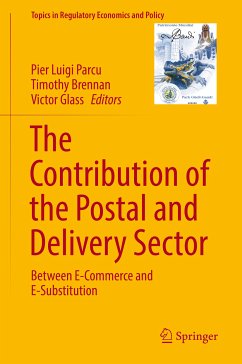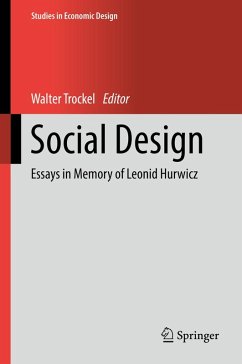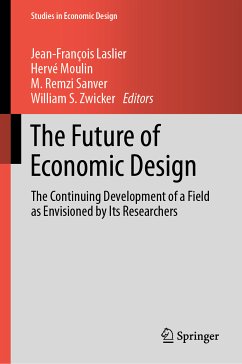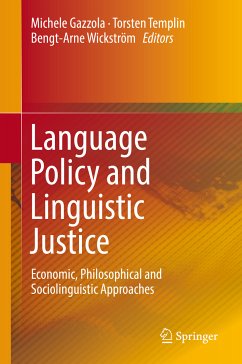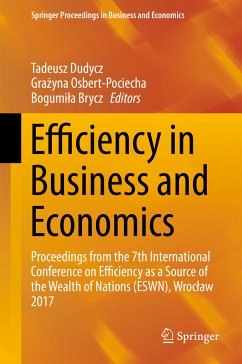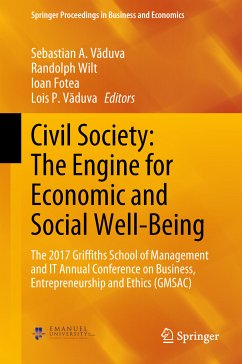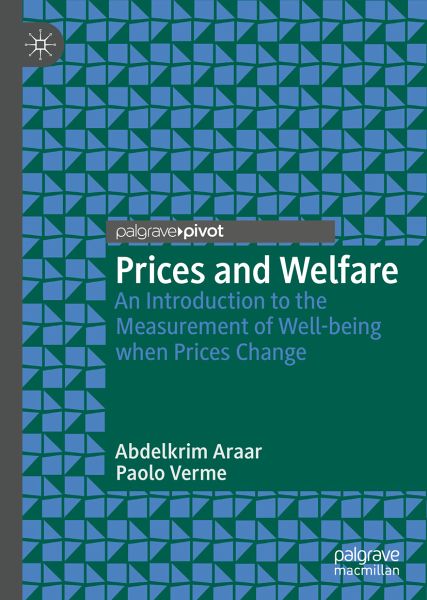
Prices and Welfare (eBook, PDF)
An Introduction to the Measurement of Well-being when Prices Change
Versandkostenfrei!
Sofort per Download lieferbar
44,95 €
inkl. MwSt.
Weitere Ausgaben:

PAYBACK Punkte
22 °P sammeln!
This book provides a general framework for the use of theoretical contributions in empirical works, addressing the question of what is the effect of a price change on household well-being. This simple question is one of the most relevant and controversial questions in microeconomic theory and one of the main sources of errors in empirical economics. In particular, this book aims to 1) Review the essential microeconomics literature since the first seminal papers by Hicks in the 1930s; 2) Organize and simplify this literature in a way that can be easily used by analysts with different background...
This book provides a general framework for the use of theoretical contributions in empirical works, addressing the question of what is the effect of a price change on household well-being. This simple question is one of the most relevant and controversial questions in microeconomic theory and one of the main sources of errors in empirical economics. In particular, this book aims to 1) Review the essential microeconomics literature since the first seminal papers by Hicks in the 1930s; 2) Organize and simplify this literature in a way that can be easily used by analysts with different backgrounds providing algebraic, geometric and computational illustrations; 3) identify and measure the essential differences across methods and test how these differences affect empirical results; 4) Provide guidelines for the use of alternative approaches under imperfect information on utility, demand systems, elasticities and more generally incomes and quantities; 5) Provide computational codes in Statafor the application of all methods. The focus of the book is on developing economies and the poor, and the assumptions made will relate primarily to these countries and group of people, presumably the main policy focus of international organizations and national governments.
Dieser Download kann aus rechtlichen Gründen nur mit Rechnungsadresse in A, B, BG, CY, CZ, D, DK, EW, E, FIN, F, GR, HR, H, IRL, I, LT, L, LR, M, NL, PL, P, R, S, SLO, SK ausgeliefert werden.



